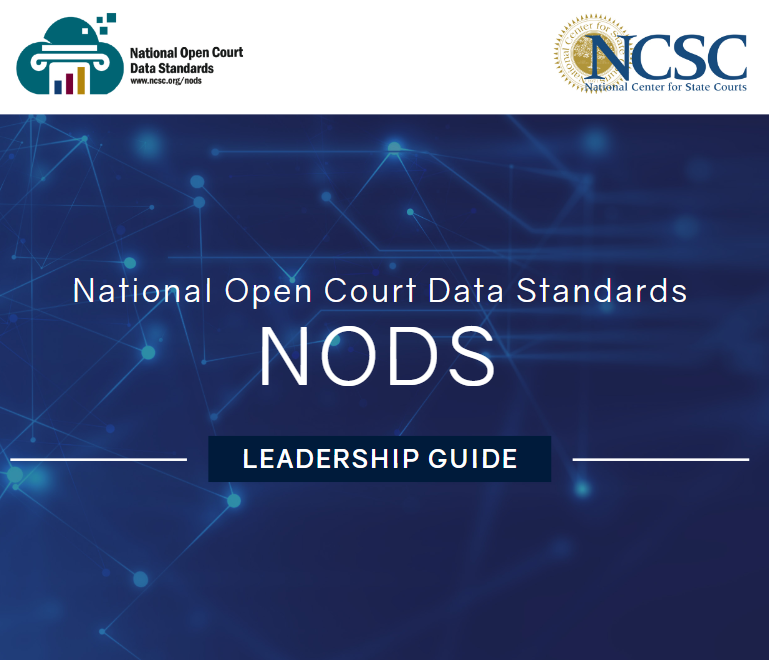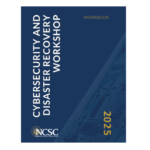SJI Grantee Spotlights

Implementing National Open Court Data Standards in Pilot Courts
FEATURED February 1, 2026
The National Open Court Data Standards (NODS) consists of business and technical court data standards designed to facilitate the sharing of court data, ensure consistency in how data are understood and used, and reduce the costs and efforts required for courts to respond to data requests. In addition, several states are using NODS as a …
-

Arizona Lawyer Apprentice Program (ALAP)
January 1, 2026
Read More >The Arizona Supreme Court implemented the Arizona Lawyer Apprentice Program (ALAP) on September 1, 2024, with generous grant support from the State Justice Institute, creating an alternative pathway to law licensure. ALAP is designed for candidates who narrowly miss Arizona’s Uniform Bar Exam (UBE) passing score of 270, recognizing that a single cut score does …
-

Court Cybersecurity and Technical Disaster Recovery Summit
December 1, 2025
Read More >The National Center for State Courts (NCSC), with funding from the State Justice Institute (SJI), launched a national initiative to strengthen state courts readiness for cyberattacks and technical disruptions through Cybersecurity and Disaster Recovery Workshops. These regional sessions (first virtual and then in-person) bring together judges, administrators, IT leaders, and communications staff to enhance preparedness, …
-

Addressing Homelessness for Youth Involved in the Juvenile and Family Justice System
November 1, 2025
Read More >The National Council of Juvenile and Family Court Judges (NCJFCJ) is proud to have the opportunity to further local efforts to address the unique needs of our children and families. In 2021, the NCJFCJ published the first of its kind, a toolkit for family court judges to better recognize red flags of families facing or …
-

Working in Courts
October 1, 2025
Read More >The National Center for State Courts‘ Institute for Court Management is excited to announce the development of a new, innovative e-learning course designed to educate and inspire state and local court employees. This approximately 3-hour online self-study course is tailored primarily for new hires and aims to address a critical gap in understanding the essential …

